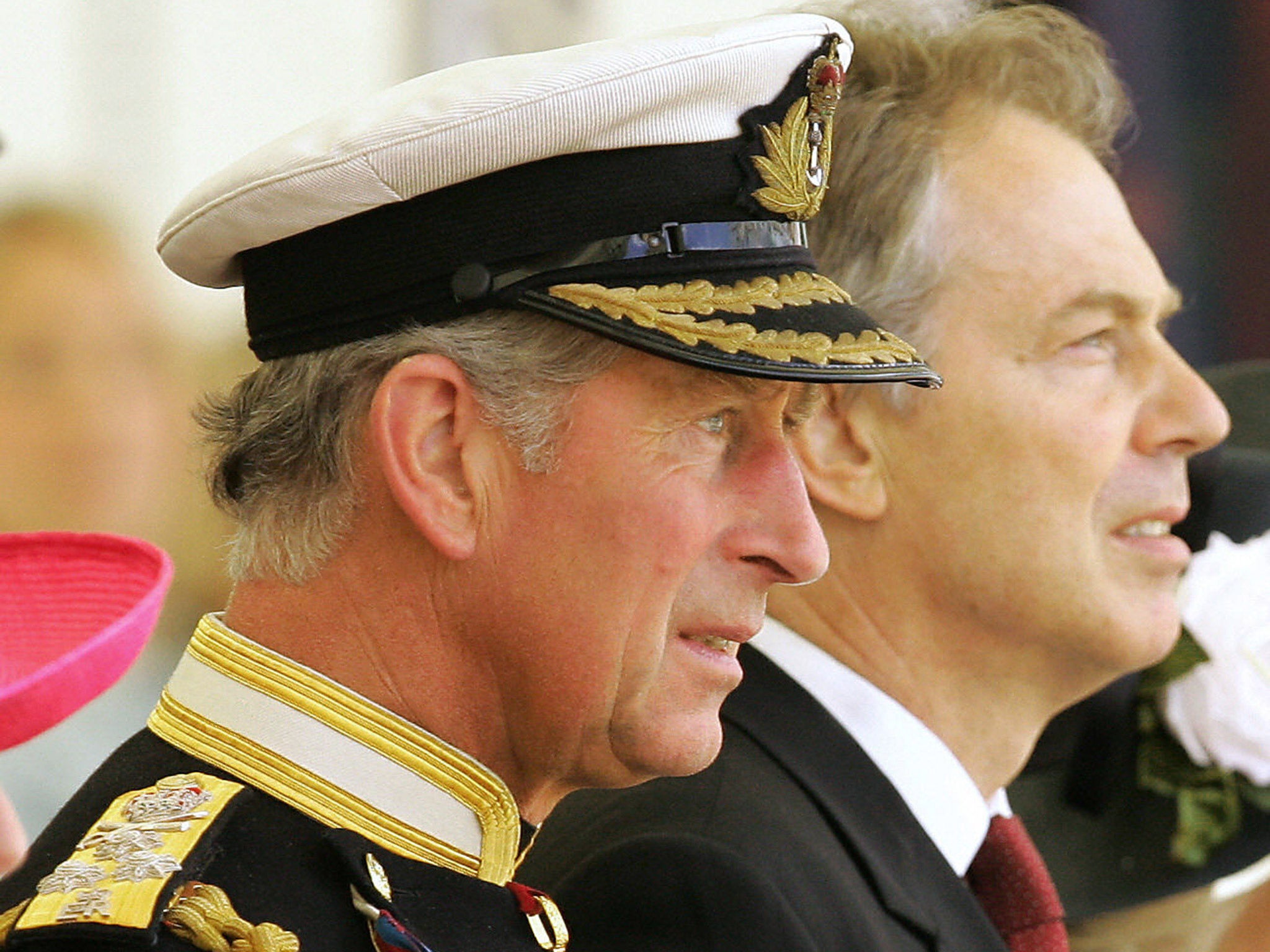Ten years and £400,000 of public money later, the “black spider” letters are out and there is no smoking gun.
We now know Prince Charles has sought to influence government policy. We know he has intervened over the fate of historic buildings. And we know busy government ministers have taken time and care to reply to his letters.
But while thousands of people write to government departments and thousands of people receive replies, very few have near continuous private conversations with ministers in the manner revealed by this short snapshot of letters – just seven months of correspondence with seven specific departments.
In these 10 letters, most people are likely to find at least something on which they agree with the Prince. Mainly, the letters confirm what we already knew. And for the most part, these are letters that pertain to issues in which the Prince has considerable experience and expertise. Having established his own organic farm in 1986, he might be expected to know a lot about farming. And he is certainly not alone in being concerned about the quality of the British Armed Forces’s equipment in Iraq, particularly helicopters, of which both he and Prince William are trained pilots.
But these are not politically neutral topics, and it is hard to imagine him ceasing to care about them when he becomes King – a role that, constitutionally, must be politically neutral.
His charities and organisations may contain much expertise in particular areas, as does he, but they do not confer on him any constitutional right to have his views reflected in government policy any more than any other citizen.
In the case of these particular letters, they appear not to have been. But, while the legal battle over their publication has dragged on for a decade, the act that has finally made their publication possible has been amended. Such letters, if he is still writing them – a question he has refused to answer – will not be made public again.

Join our commenting forum
Join thought-provoking conversations, follow other Independent readers and see their replies
0Comments